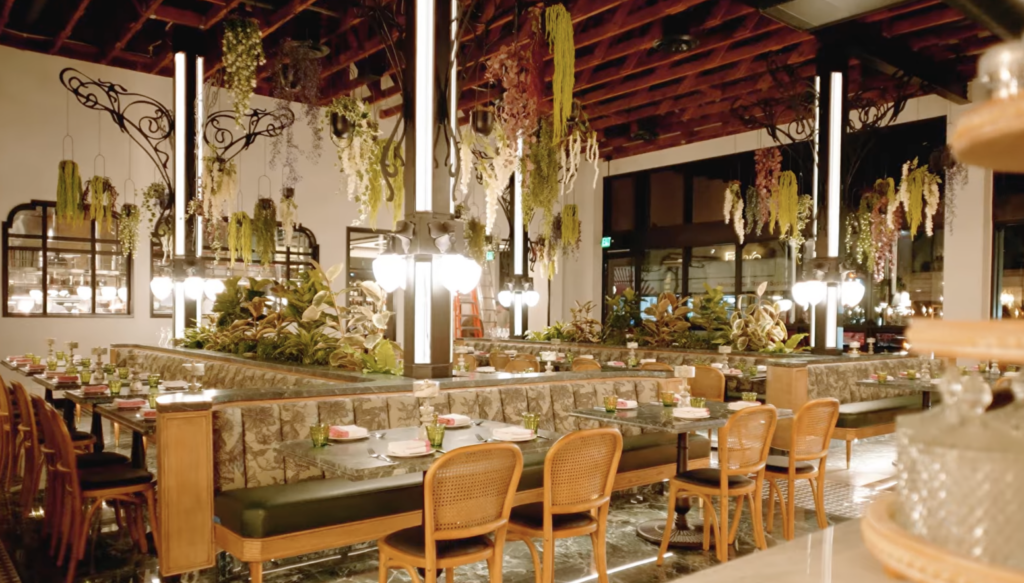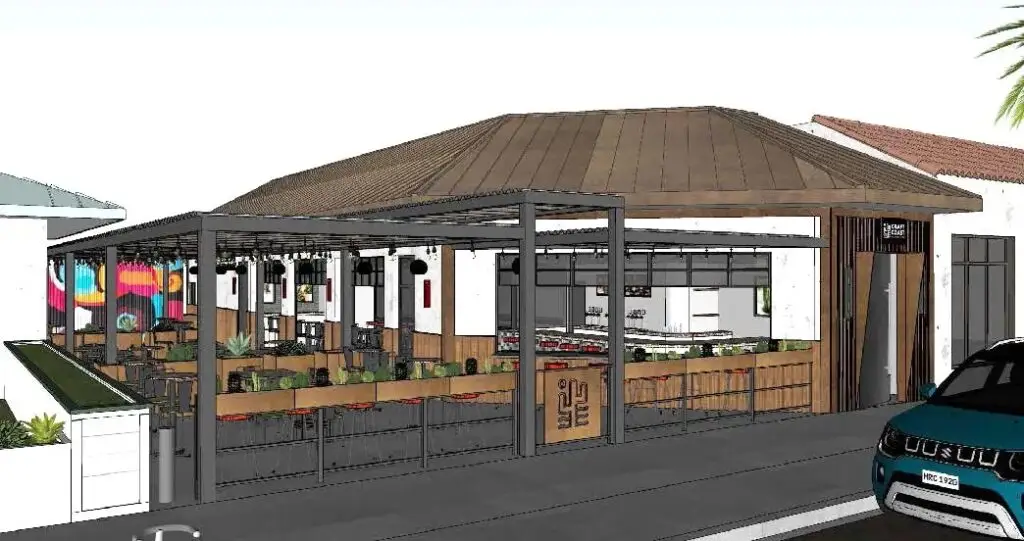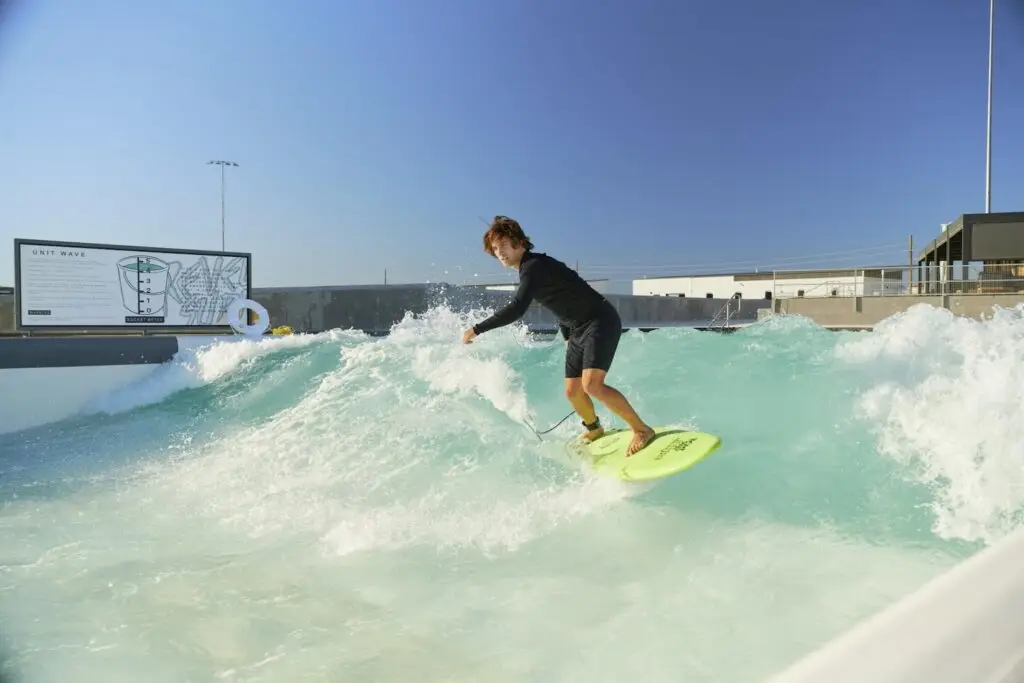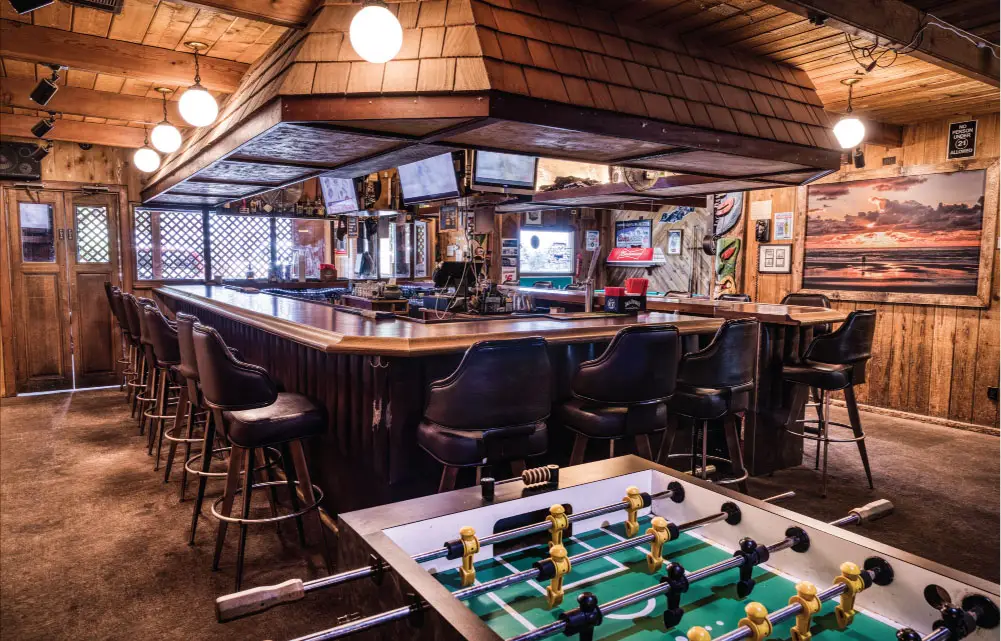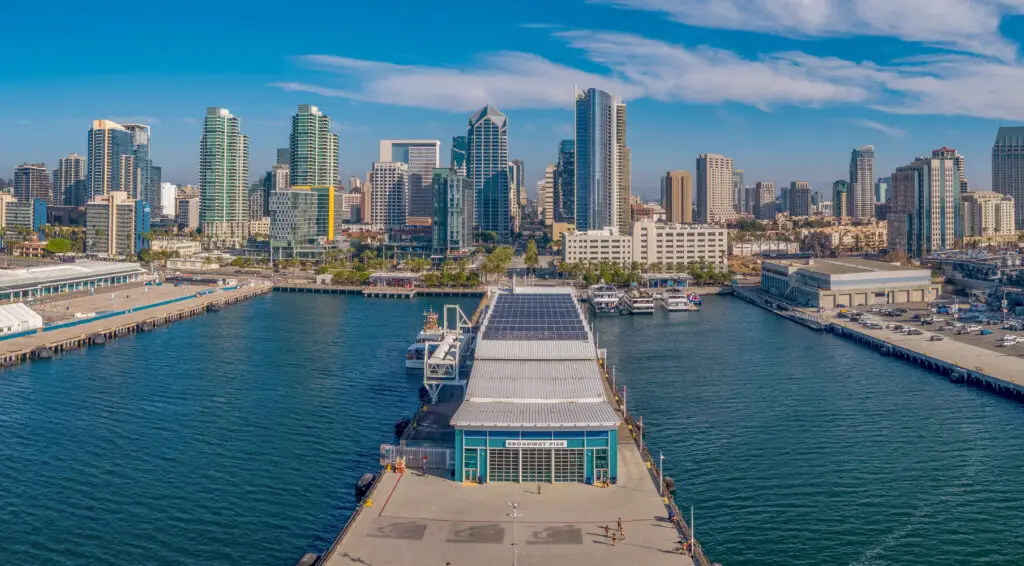The beginning of the year is always a time rife with opportunity when it comes to music. What artists will release new music? Who will announce tour dates? And who’ll have the biggest font on the Coachella poster? (This year it’s Rage Against the Machine, if you missed it.)The music industry, both locally and on a large scale, has grown more complicated, however. And as the landscape continues to shift, both legally and in terms of how businesses operate, 2020 is rife with uncertainty for musicians and consumers of music—particularly in San Diego. After a year of change and upheaval, here are the local music stories to follow this year, some of which have the potential to remain unresolved even 12 months from now.
The battle of the festivals
San Diego went from having one major, long-running, homegrown festival (Street Scene, which ended in 2009), to settling for being a short drive from Coachella, to having three competing fall music festivals. Not to mention Desert Daze, which is an even shorter drive than Coachella. The appetite for music festivals during the 2010s seemed to be at an all-time high, but the idea that we’ve actually reached peak festival might have already arrived. Just last year, a long list of music festivals—including Treasure Island Music Festival, Coney Island Music Festival, Mad Decent Block Party and the ill-fated Woodstock 50—were canceled.It grows more complicated here in San Diego. Kaaboo, in a new partnership with the San Diego Padres, is moving from the Del Mar Fairgrounds to PETCO Park when it happens in September this year. This was announced shortly before the inaugural Wonderfront Festival took place in 2019, which also happens downtown. As does CRSSD, which is sandwiched in between the two on the fall calendar. It’s possible that the festivals are each demographically different enough to survive on their own—CRSSD being the most specific outlier for focusing primarily on electronic acts—but three larger music festivals in the same neighborhood, each happening within a month of each other, doesn’t seem sustainable, and there’s an open question of whether they can all be successful.
The all-ages vacuum
The state of all-ages venues in San Diego has never been spectacular. There’s always somewhere for the under-21 crowd to go, but options are typically limited for the simple fact that it’s a lot easier to pay your bills as a venue when you can sell alcohol. (Only some of the larger theater venues like House of Blues or Observatory North Park can accommodate both younger attendees and those welcome at the bar.)But the situation grew more problematic in 2019 with the closure of The Irenic. The live music alias of Missiongathering Church regularly hosted concerts from local and touring acts, but was hit with a number of violations from the San Diego Police Department mostly pertaining to zoning. More than 20 shows had to be moved to other venues as a result, and unless Missiongathering finds a way to reopen legally, it would appear that San Diego is once again short an all ages music venue. In the wake of its closure, longtime venues such as Soma and the Che Café (after a few years of its own struggles with UC San Diego) are still standing and booking regular shows. And though I wouldn’t count out the possibility of another all-ages venue opening, in most cases the cost is too prohibitive to be sustainable unless it’s a multi-purpose event space. DIY spaces do still exist, but those have had a rough year as well, as evidenced by the recent vice raid and closure of Helmuth Projects.
The AB5 effect
In 2019, California lawmakers passed Assembly Bill 5, aimed at imposing protections for independent contracters that would require employers to classify workers as employees under certain conditions. This has created a lot of outcry in a number of industries, particularly journalism, through which a lot of work is done by freelance writers who are now facing the possibility of having work opportunities closed off to them as a result of concerns of legal reprisal. (Though companies like Uber and Lyft, who the legislation is aimed at, are already planning ways to get around it.)Musicians, however, might end up being adversely affected by AB5. Because the nature of being a recording and performing musician means work that doesn’t stick to a consistent schedule with the same employer, their work might end up being threatened by the legal requirements. Because the language isn’t specific enough to musicians, how venues or other hiring entities interpret the law remains to be seen. In a lot of cases, it’s likely that nothing will change, but the possibility of musicians’ livelihoods being affected could very well mean that some local artists might choose to pull up stakes and find a new state to call home.
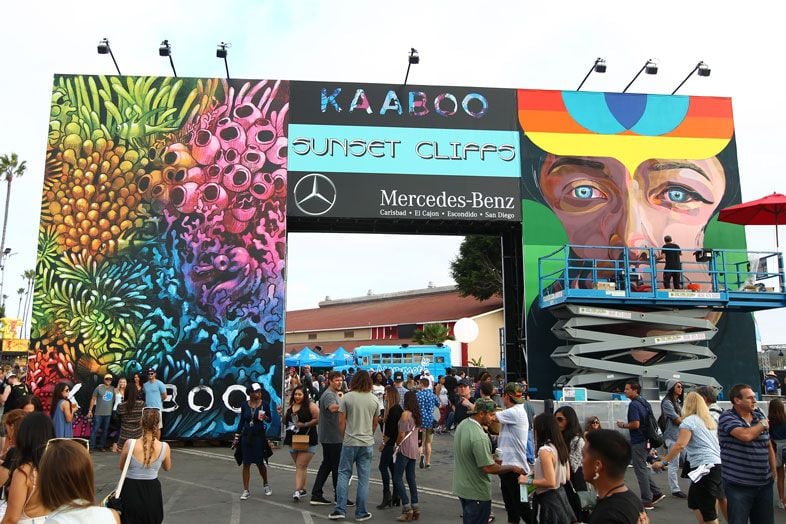
PARTNER CONTENT
Three San Diego Music Stories to Watch in 2020
After Kaaboo’s announcement it’s moving to PETCO Park, there will be three competing downtown festivals in San Diego | Photo: Shutterstock.com

